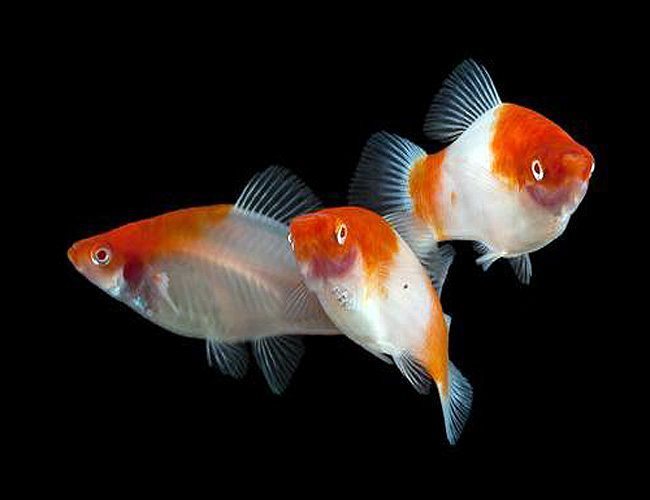Maintaining the population of domesticated pets is typically a simple task. This involves stopping conceptions until they are no longer possible. However, this method does not apply to Koi fish. Koi fish will reproduce and breed regardless of what you int


You may choose to ignore these instructions if this is your first hobby. If you are adamant about not removing the unwanted children or want more fish then please be aware that keeping them all can negatively impact your pond as well the parents.
What is the danger of babies?
What can be negative consequences to increasing the fish stock in your aquarium? There are koi fish for sale .
Koi initially have the potential to grow up to a height of 3 feet. They aren't limited in size by their surroundings, unlike some other species of fish. In the end, what started out as a lovely pond will quickly be overcrowded. An excess of Koi can cause problems for smaller ponds and even discomfort to the fish themselves.
It's possible that when you first set up your pond you adjusted the filter system for a certain number of fish. The addition of more fish can result in an increased amount of chemicals and harmful gases entering the water.
Removing the Infants
There are different methods of removing infants from your water pond.
It is important to stop feeding Koi the moment you observe spawning. For a minimum three-week period, it is best to stop feeding your fish. Don't fret about your Koi going hungry, as they will turn to natural food sources in the absence of daily feedings. They will also feed their young. While Koi are not typically prone to cannibalism, they may consume their young when they are still in the egg stage or resemble insects. Once the baby Koi reach a certain size and appearance, the adult fish will no longer view them as prey. This is why it's important to initiate this process immediately after observing newborns or spawning.
This method may seem harsh, even though it is a normal occurrence. By giving unwanted babies as gifts to others, you can remove the unwanted ones from your pond.
In the first instance, you can ask your pet shop. You may find that they have initiatives in place to take in unwanted animals and find them loving homes. Some zoos may offer compensation to each fish sold, but this isn't guaranteed. There may also be similar programs offered by your local zoos.
If you are aware of a Koi society in your area, consider informing them about your surplus babies. https://www.grandkoi.com/product-category/blue-koi-fish-for-sale/ for groups or message boards online to spread your message. Who knows, you could even inspire someone else to begin their own Koi keeping journey.
